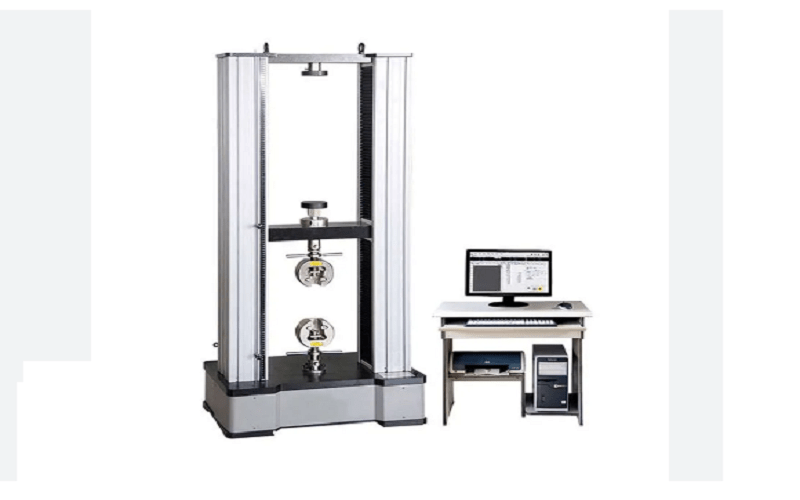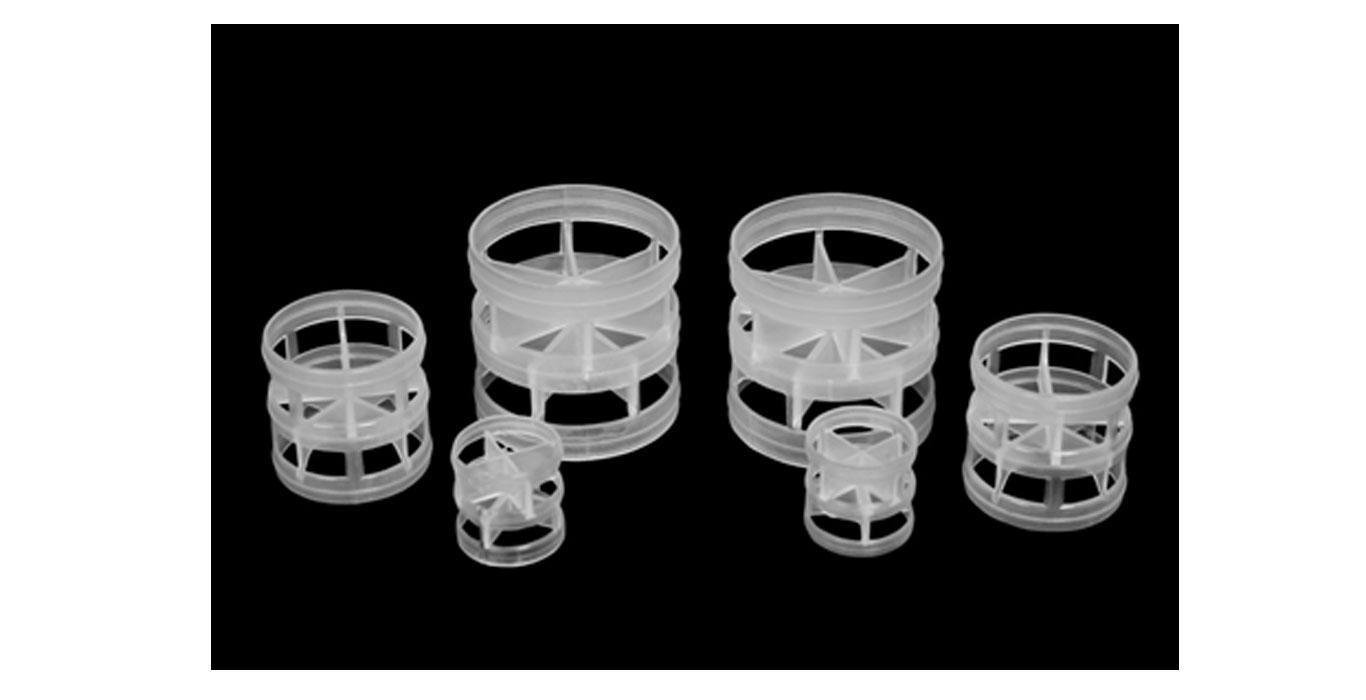A Warehouse Management System (WMS) is a comprehensive software solution designed to optimize and streamline warehouse or distribution center operations. It is the backbone of efficient inventory management, ensuring seamless coordination of all warehouse activities, from receiving and storing raw materials to picking, packing, and shipping finished products.
With advanced technologies like barcode scanning, RFID, and automation, WMS ensures enhanced warehouse accuracy, traceability, and productivity. WMS provides real-time visibility into inventory levels, order statuses, and warehouse performance metrics and enables manufacturing companies to make informed decisions, reduce stockouts, eliminate waste, and minimize operating costs.
What Is the Role of a Warehouse Management System?
A warehouse management system helps manufacturers increase the speed and accuracy of order fulfillment. It ensures reduced inventory and carrying costs and automates picking, packing, and order staging. With role-based screens, it saves time and simplifies complex work. Easy-to-access drill-down information ensures less time is spent on day-to-day tasks.
What Are the Benefits of WMS?
- Improved visibility
- Increased accuracy
- Increased productivity
- Cost optimization
- Strengthen customer and supplier relationships
Improved Visibility
Warehouse management software provides real-time inventory data through barcoding, RFID, and serial number tracking. Users can track and document each item entering or exiting the warehouse.
Increased Accuracy
A well-designed WMS solution helps businesses determine where to keep certain materials, products, and equipment to optimize the warehouse. It enables users to create floor plans within the system and ensures the most effective use of labor and space to minimize waste.
Increased Productivity
A streamlined warehouse management system paves the way for enhanced productivity across all aspects of manufacturing. Efficient storage and retrieval processes minimize time wastage, enabling employees to focus on value-added tasks rather than searching for items. Additionally, automation and technology integration can further expedite processes, resulting in quicker order fulfillment and reduced lead times.
Cost Optimization
Warehouse management can directly impact a manufacturing company’s bottom line. Businesses can efficiently use warehouse space to reduce storage costs and maximize their available resources. Additionally, optimized inventory levels can minimize holding costs, while faster order processing can lead to reduced labor expenses and higher throughput. Moreover, an organized warehouse lowers the risk of stock spoilage and damage, saving on replacement costs.
Strengthen Customer and Supplier Relationships
WMS allows you to plan when shipments will be received to optimize supply and demand chains. Customers enjoy improved order fulfillment with fewer inaccuracies and shorter lead times. WMS improves processes to keep your suppliers and customers happy to enhance your business reputation.
Why is WMS Important for a Manufacturing Business?
WMS provides step-by-step guidance and verifies whether processes are being done on time. You gain immediate insight into what is happening in the warehouse. By delivering accurate inventory data and demand forecasts, WMS enables better production planning and scheduling. Manufacturers can align their production schedules with available inventory and market demands, avoiding delays and maximizing output.
In addition, WMS optimizes the flow of materials within the warehouse, reducing the time and effort required for material handling. A warehouse management system helps manufacturers save money and improve warehouse efficiency. It manages product inventory shelf life, ensures reduced inventory and integrates complex chain logistics with your warehouse and distribution process while delivering visibility across the organization.
Warehouse management is essential in manufacturing as it impacts inventory control, production efficiency, cost management, order fulfillment, quality control, supply chain integration, demand forecasting, safety and compliance, and space utilization. A well-managed warehouse directly contributes to the success and competitiveness of a manufacturing business.
ERP solution that includes a warehouse management system allows manufacturers to manage, track, edit, and report for all departments, including the warehouse. This can be the best option for small and medium-sized businesses rather than buying a stand-alone WMS, as it streamlines processes, improves collaboration, and allows for company-wide visibility.
A well-implemented Warehouse Management System enhances supply chain efficiency and contributes to a competitive edge in the manufacturing industry. As part of an ERP system, a WMS can help optimize operations and data flow across the organization for greater productivity and efficiency.
Conclusion
The implementation of a Warehouse Management System (WMS) stands as a transformative solution with far-reaching advantages for modern businesses. From streamlining operations and enhancing inventory accuracy to optimizing order fulfillment and improving overall customer satisfaction, the benefits of a WMS are undeniable. By leveraging advanced technologies like automation, real-time data tracking, and analytics, companies can unlock new levels of efficiency, productivity, and cost-effectiveness within their supply chain operations. As the digital landscape continues to evolve, embracing a WMS isn’t just a competitive advantage – it’s a strategic imperative for any organization aiming to remain agile, responsive, and successful in the dynamic world of logistics and e-commerce.
As the digital landscape continues to evolve, investing in a WMS isn’t just a competitive advantage – it’s a strategic imperative for any organization aiming to remain agile, responsive, and successful in the dynamic world of logistics and e-commerce. Embracing a Warehouse Management Solution can help manufacturers streamline every part of warehouse operations such as picking, packing, shipping, inventory tracking, and all other steps.










